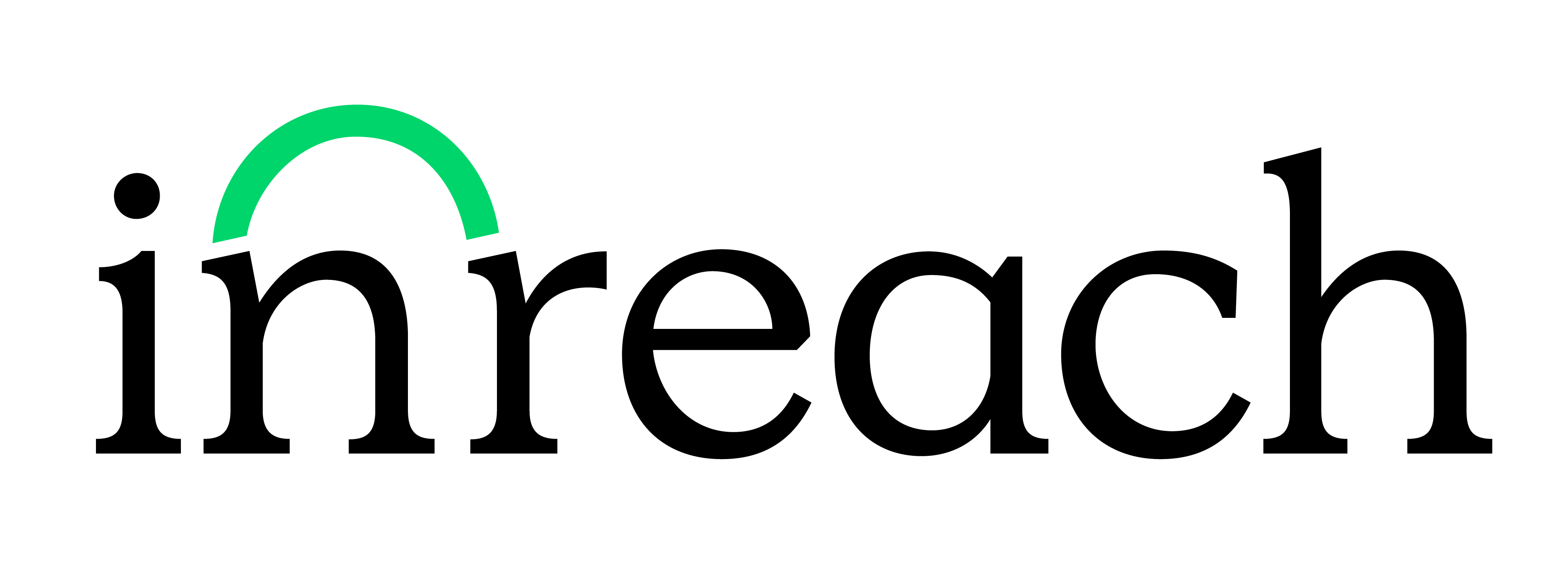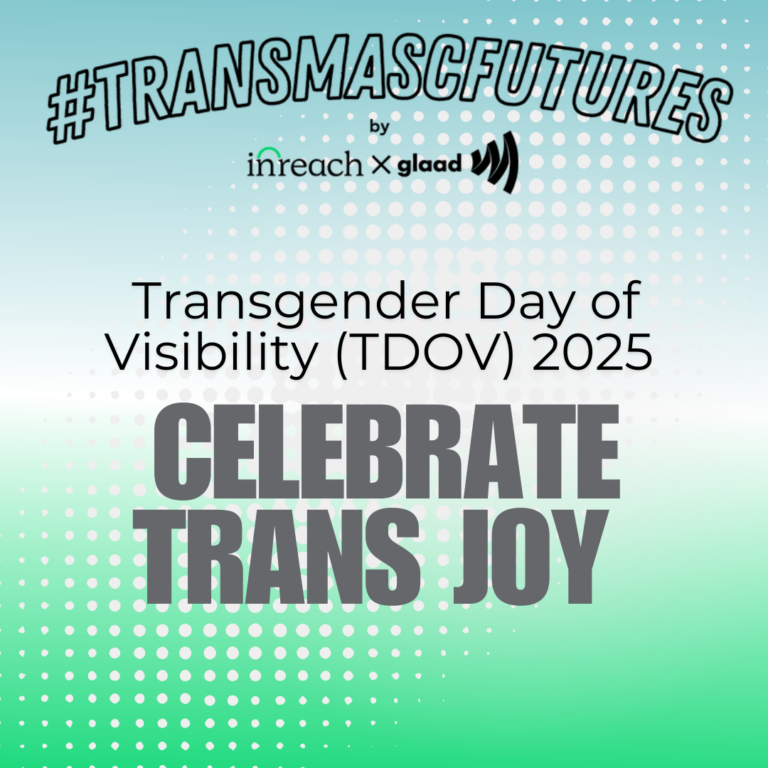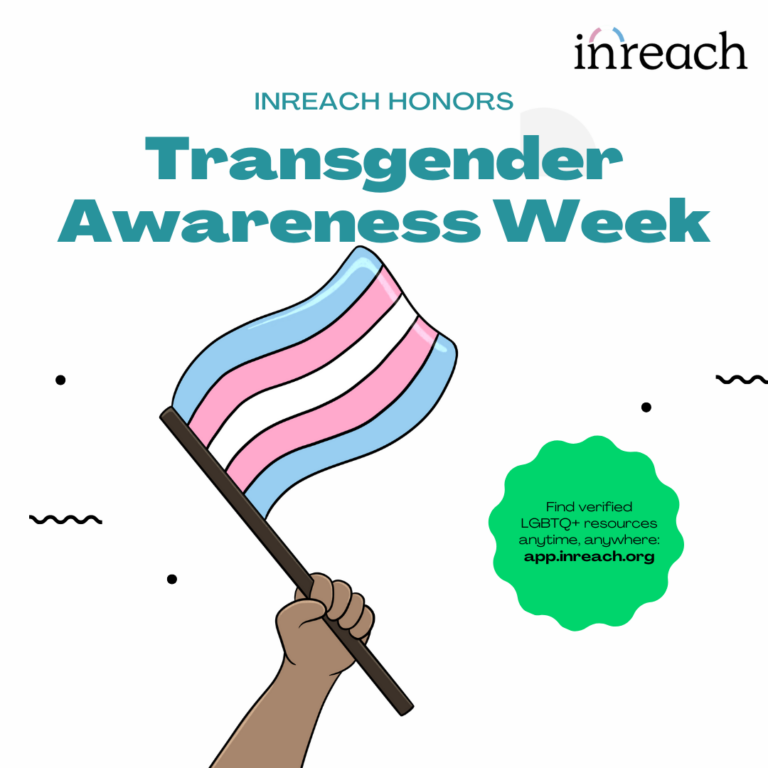No products in the cart.

How COVID-19 Has Impacted LGBTQ+ Asylum Seekers in the United States
[vc_row][vc_column][vc_custom_heading text=”Guest Blog Post by Amber Hanke, 2020 InReach Summer Intern” font_container=”tag:h3|text_align:center|color:%230c0000″ use_theme_fonts=”yes”][vc_separator][vc_column_text]While the coronavirus health crisis has impacted people across the globe, already vulnerable populations have been the most heavily affected. According to the United Nations, “Women, children, people with disabilities, the marginalized, and the displaced are . . . most at risk of suffering devastating losses from COVID-19.” As it currently stands, the United States leads the world in coronavirus cases. As of July 31, there are a total of 4,405,932 cases and 150,283 deaths, according to the CDC. The lack of response to this health crisis from the United States has heavily impacted LGBTQ+ asylum seekers. [/vc_column_text][/vc_column][/vc_row][vc_row][vc_column][vc_custom_heading text=”The Impact of COVID-19 on the LGBTQ+ Community in the United States” font_container=”tag:h4|text_align:center|color:%234892da” use_theme_fonts=”yes”][vc_column_text]The LGBTQ+ community is at a higher risk for contracting COVID-19 due to many factors. The work status of LGBTQ+ individuals heavily impacts them, since many are essential workers, and the poverty rate in the LGBTQ+ community tends to be higher. According to the Human Rights Campaign, “Nearly one in ten LGBTQ people are unemployed and are more likely to live in poverty than straight and cisgender people.” COVID-19 has also caused many people to lose their jobs which results in a lack of healthcare coverage and options. Additionally, LGBTQ+ youths are more likely to experience homelessness, making it harder to receive healthcare and follow the World Health Organization’s guidance. Lastly, LGBTQ+ individuals tend to experience higher rates of social isolation, the negative effects of which are being further compounded with social distancing measures.[/vc_column_text][/vc_column][/vc_row][vc_row][vc_column][vc_custom_heading text=”The Impact of COVID-19 on Asylum Seekers in the United States” font_container=”tag:h4|text_align:center|color:%234892da” use_theme_fonts=”yes”][vc_column_text]The Migrant Protection Protocols Program, also referred to as the “Remain in Mexico” policy, has forced many asylum-seekers to stay in camps along the US-Mexico border. It is difficult for many asylum seekers to follow WHO guidance in these camps for a variety of reasons. Firstly, the overcrowding in the camps presents significant obstacles to effective social distancing. Secondly, the water and sanitation infrastructure in these camps is very limited. Many camps lack clean running water. Asylum seekers who make it into the United States are kept in detention centers which are also heavily impacted by COVID-19 because they do not provide access to basic hygienic items such as soap and are not equipped to support social distancing; some asylum seekers have even been charged to buy hygienic items in the centers. Additionally, asylum seekers in detention centers are in limbo because court proceedings have been postponed with no date when they will return. [/vc_column_text][/vc_column][/vc_row][vc_row][vc_column][vc_custom_heading text=”The Impact of COVID-19 on LGBTQ+ Asylum Seekers in the United States” font_container=”tag:h4|text_align:center|color:%234892da” use_theme_fonts=”yes”][vc_column_text]At the intersection of vulnerabilities related to gender identity and sexual orientation, migration, and race, LGBTQ+ asylum seekers have been especially vulnerable during the current health crisis. One particular concern is how healthcare providers may discriminate against LGBTQ+ individuals and refuse to provide affirming care or may discriminate against migrant populations. In both cases, the double vulnerability of LGBTQ+ asylum seekers means they will be left at a disadvantage and be substantially less safe. Another particular concern relates to conditions within detention centers, “For LGBTQ asylum seekers who fled homophobic and transphobic violence perpetrated by civilians in their home countries, being detained with these same civilians in shelters can pose a substantial risk of harm.” Additionally, health care within the United States is expensive and many, particularly vulnerable people, are unable to access necessary care. Some doctors also only have virtual appointments during this time, making it even more difficult to access critical care. [/vc_column_text][/vc_column][/vc_row][vc_row][vc_column][vc_custom_heading text=”Conclusion” font_container=”tag:h4|text_align:center|color:%234892da” use_theme_fonts=”yes”][vc_column_text]The coronavirus has directly and indirectly impacted thousands of people around the world. But it’s clear that the negative impacts have hit some communities more than others. The intersectional identity of LGBTQ+ asylum seekers has caused them to face even more struggles during this pandemic including harassment, lack of hygiene options, lack of healthcare, expenses, postponed hearings, and many more. Nonprofits and volunteers are working hard to address the needs of LGBTQ+ asylum seekers, but more help is still needed in order to help everyone.[/vc_column_text][/vc_column][/vc_row][vc_row][vc_column][vc_separator][/vc_column][/vc_row]



